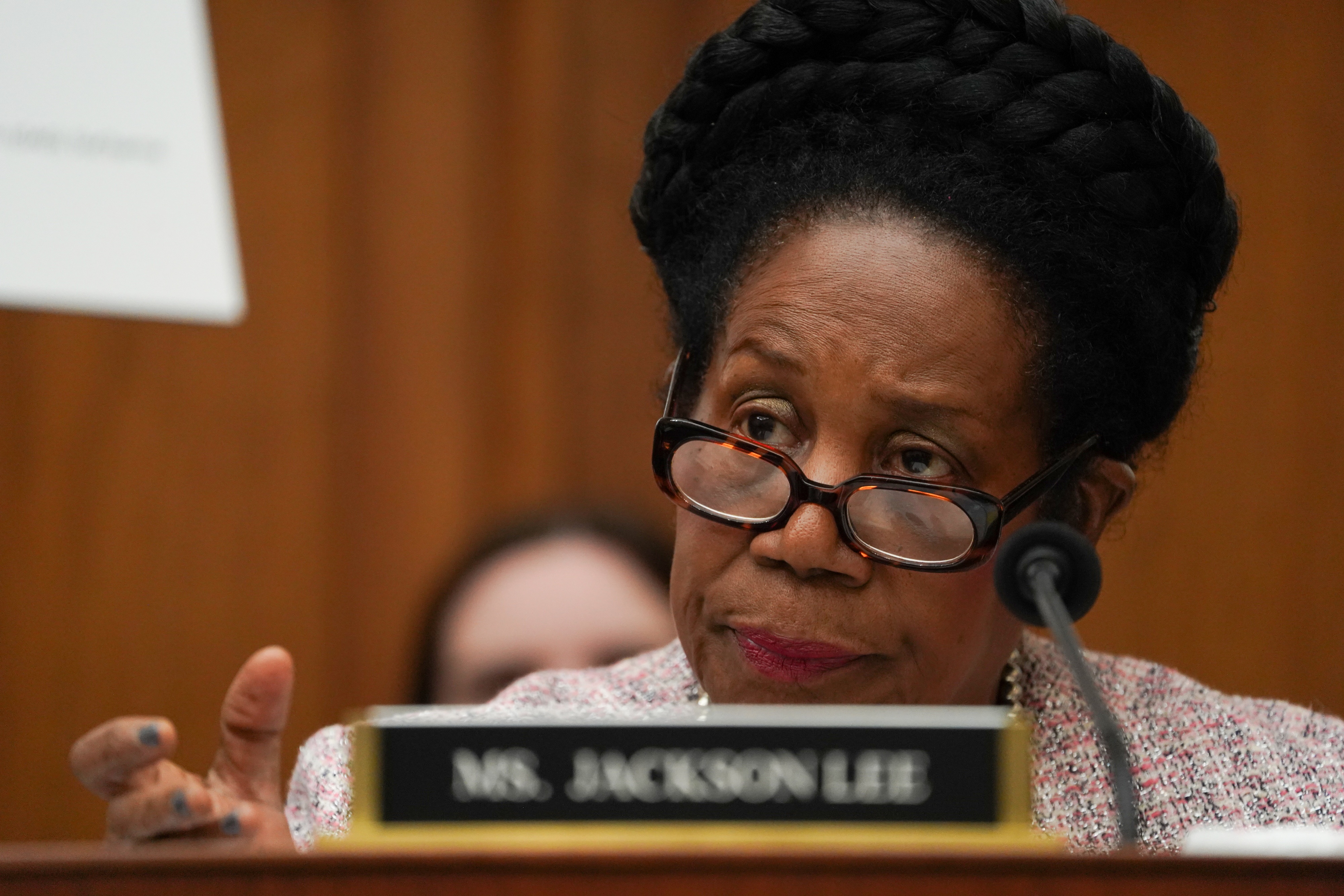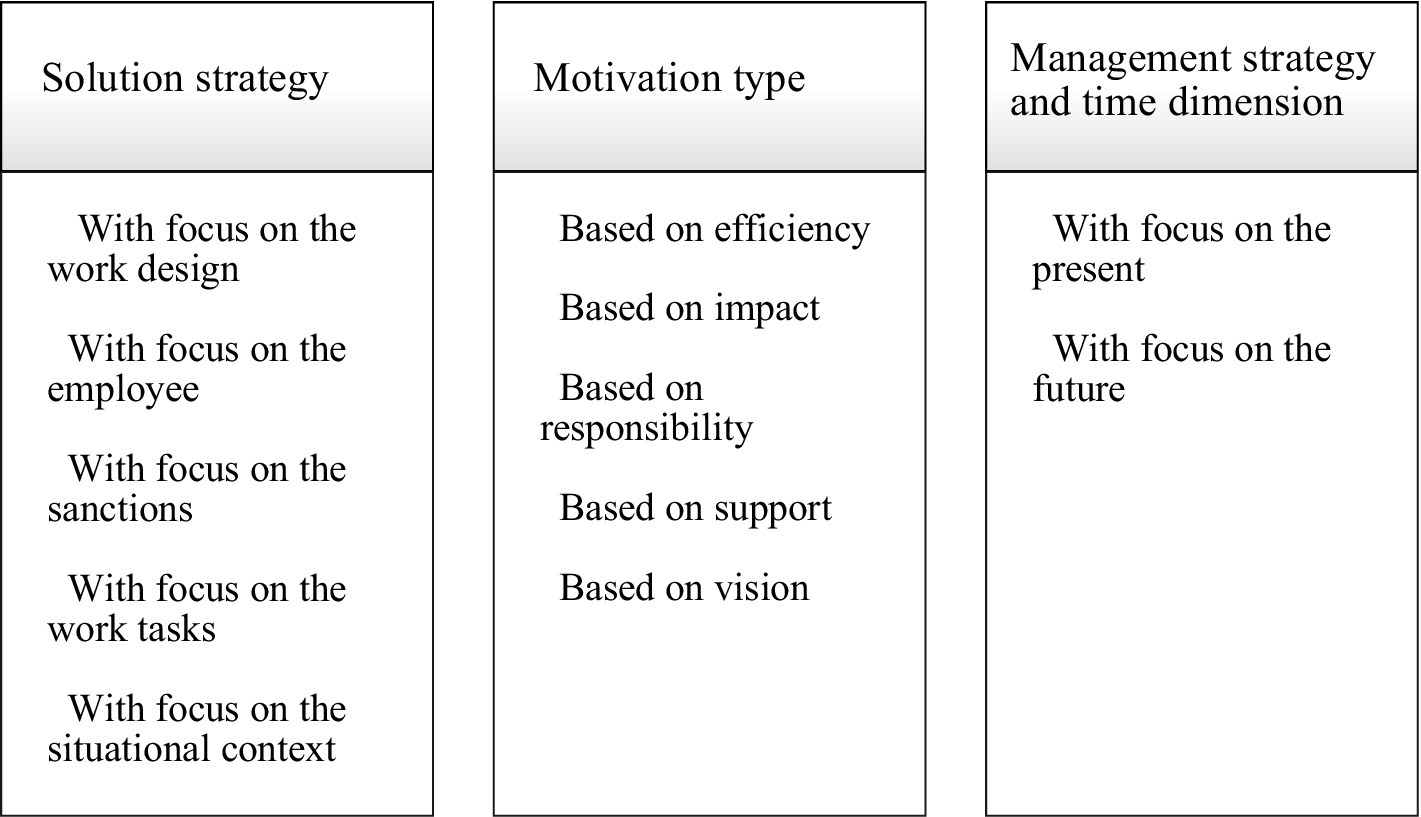Report on Texas Legislative Conflict and its Implications for Sustainable Development Goals
Executive Summary
A political dispute in the Texas legislature concerning congressional redistricting has escalated, highlighting significant challenges to the achievement of key United Nations Sustainable Development Goals (SDGs). The conflict, marked by a legislative quorum break and allegations of racism against a state senator, directly impacts SDG 10 (Reduced Inequalities) and SDG 16 (Peace, Justice and Strong Institutions). This report analyzes the events and their alignment with these global development objectives.
Legislative Impasse and Institutional Integrity: A Challenge to SDG 16
The current political situation in Texas represents a significant challenge to the principles of SDG 16, which calls for effective, accountable, and inclusive institutions at all levels. The conflict centers on a mid-decade proposal to redraw congressional districts, a move that has paralyzed the legislative process.
Key Developments in the Legislative Dispute
- Redistricting Proposal: The Republican-led majority introduced legislation to redraw congressional maps, which opponents argue is a form of gerrymandering designed to secure a political advantage. This action raises questions about the commitment to fair and representative electoral processes, a cornerstone of just institutions (SDG Target 16.7).
- Quorum Break: In response, members of the Democratic caucus left the state to deny the House the necessary quorum to conduct business. While a recognized political tactic, this move underscores a breakdown in cooperative governance and institutional functionality.
- Institutional Sanctions: The response from the majority and the executive branch included issuing civil arrest warrants and threatening fines against the absent lawmakers. Such measures strain the rule of law and risk escalating political divisions, undermining the goal of peaceful and inclusive societies.
Racial Discrimination and Social Inequality: A Setback for SDG 10
The legislative conflict has been inflamed by an incident of alleged racial discrimination, directly contravening the core mission of SDG 10, which aims to reduce inequality within and among countries by empowering and promoting the social, economic, and political inclusion of all, irrespective of race or ethnicity.
The Discriminatory Incident and its Fallout
- Inciting Comment: State Senator Mayes Middleton directed a social media post at State Representative Gene Wu, an American of Chinese descent, stating, “Is Gene Wu back in China?”
- Accusations of Racism: This comment was immediately condemned as racist and discriminatory. Fellow lawmakers and civil society groups framed the remark as evidence of a prejudiced mindset that informs the broader legislative agenda, including the proposed “racist gerrymandering.”
- Impact on Social Cohesion: Such rhetoric from public officials erodes social cohesion and works against the creation of inclusive societies. It directly undermines SDG Target 10.2, which advocates for the inclusion of all people, and Target 10.3, which calls for ensuring equal opportunity and reducing inequalities of outcome, including by eliminating discriminatory laws, policies, and practices.
Conclusion: The Texas Conflict as a Case Study in SDG Regression
The events in the Texas legislature serve as a critical case study on how political polarization and discriminatory actions can actively impede progress toward the Sustainable Development Goals. The conflict demonstrates a regression in two key areas:
- SDG 16 (Peace, Justice and Strong Institutions): The breakdown of legislative procedure, the use of coercive measures against political opponents, and the controversy over fair representation all point to a weakening of the democratic institutions necessary for sustainable development.
- SDG 10 (Reduced Inequalities): The injection of racist rhetoric into the political discourse, coupled with legislative proposals that could disenfranchise minority groups, represents a significant setback for the goal of building a more equitable and inclusive society.
Addressing these challenges requires a renewed commitment from all stakeholders to the principles of inclusive governance, respect for human rights, and the elimination of all forms of discrimination, as outlined in the 2030 Agenda for Sustainable Development.
Analysis of Sustainable Development Goals in the Article
1. Which SDGs are addressed or connected to the issues highlighted in the article?
The article highlights issues that are directly connected to two Sustainable Development Goals:
- SDG 10: Reduced Inequalities: This goal is relevant due to the accusations of racism and discriminatory practices. The article centers on a racist comment made by a state senator towards a colleague of Chinese descent and links this rhetoric to a broader accusation of “racist gerrymandering.” This addresses the core of SDG 10, which aims to combat discrimination based on race and origin.
- SDG 16: Peace, Justice and Strong Institutions: This goal is addressed through the article’s focus on the functioning of political institutions, the fairness of electoral processes, and the principle of representative government. The conflict over redistricting, the use of quorum-breaking tactics, and the threats of arrest warrants all point to challenges in maintaining effective, accountable, and inclusive institutions as promoted by SDG 16.
2. What specific targets under those SDGs can be identified based on the article’s content?
Based on the article’s content, the following specific targets can be identified:
- Target 10.3: Ensure equal opportunity and reduce inequalities of outcome, including by eliminating discriminatory laws, policies and practices.
- Explanation: The central conflict is over a proposed redistricting law that opponents, like state Sen. Molly Cook, label as “racist gerrymandering.” This suggests the proposed policy is seen as discriminatory. The racist comment by Sen. Middleton is presented as evidence of a discriminatory mindset behind the policy, directly challenging the goal of eliminating discriminatory practices within government.
- Target 16.6: Develop effective, accountable and transparent institutions at all levels.
- Explanation: The article describes a breakdown in the legislative process. The Democrats’ decision to “prevent a quorum” and the subsequent vote by the remaining members to “issue civil arrest warrants” for their colleagues illustrate a dysfunctional and non-effective legislative body. This conflict undermines the accountability and transparency of the institution’s decision-making process.
- Target 16.7: Ensure responsive, inclusive, participatory and representative decision-making at all levels.
- Explanation: The practice of gerrymandering, which is the core issue of the legislative battle, directly opposes this target. The article states the proposed law could “add up to five new Republican seats,” implying the goal is to manipulate electoral boundaries for partisan advantage rather than to ensure fair and representative decision-making for all citizens. The accusation of “racist gerrymandering” further implies that the process is not inclusive of all racial groups.
- Target 16.b: Promote and enforce non-discriminatory laws and policies for sustainable development.
- Explanation: This target is relevant as the entire political struggle described is an effort to block what is perceived as a discriminatory law (the redistricting plan). The public condemnation of Sen. Middleton’s “racist comments” by groups like the Bay Area Democratic Movement reflects a societal push to enforce non-discriminatory principles among public officials responsible for creating laws.
3. Are there any indicators mentioned or implied in the article that can be used to measure progress towards the identified targets?
The article provides qualitative indicators that can be used to assess the status of these targets:
- Indicator for Target 10.3: The specific racist comment, “Is Gene Wu back in China?”, made by a public official (Sen. Mayes Middleton) serves as a direct, qualitative indicator of discriminatory attitudes and practices within political institutions. The public accusations of “racist gerrymandering” serve as an indicator of perceived discriminatory policies being proposed.
- Indicator for Target 16.6: The actions taken by both political parties are indicators of institutional effectiveness. The breaking of a quorum by “more than 50 Democrats” and the issuance of “civil arrest warrants” by the remaining House members are clear, documented events that indicate a severe lack of institutional accountability and effectiveness.
- Indicator for Target 16.7: The proposed redistricting plan itself is an indicator. The stated potential outcome—”add up to five new Republican seats”—is a measurable indicator of a process that may not be representative of the population’s political distribution. The accusation of “racist gerrymandering” is a qualitative indicator that the decision-making process is not inclusive.
- Indicator for Target 16.b: The existence of a political and public debate over whether a proposed law is discriminatory is an indicator. The statement from the Bay Area Democratic Movement calling for the senator to “apologize and/or resign” for his “racist comments” is an indicator of civil society’s role in promoting non-discriminatory principles.
4. Table of SDGs, Targets, and Indicators
| SDGs | Targets | Indicators Identified in the Article |
|---|---|---|
| SDG 10: Reduced Inequalities | 10.3: Ensure equal opportunity and reduce inequalities of outcome, including by eliminating discriminatory laws, policies and practices. |
|
| SDG 16: Peace, Justice and Strong Institutions | 16.6: Develop effective, accountable and transparent institutions at all levels. |
|
| 16.7: Ensure responsive, inclusive, participatory and representative decision-making at all levels. |
|
|
| 16.b: Promote and enforce non-discriminatory laws and policies for sustainable development. |
|
Source: houstonpublicmedia.org







